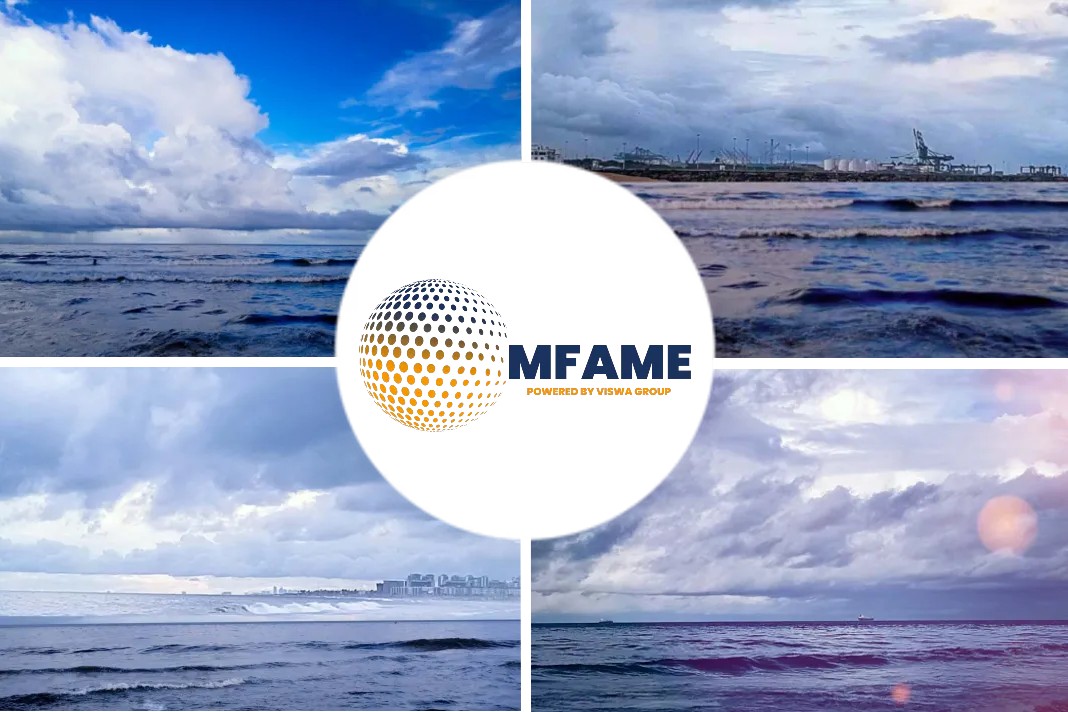- Europe’s LNG bunker prices have surged in recent weeks after a combination of factors.
- The factors include low supply levels, maintenance, and political wrangling, sending natural gas prices to record highs.
Europe’s LNG bunker prices have surged in recent weeks after a combination of factors including low supply levels, maintenance, and political wrangling, sending natural gas prices to record highs, Ship&Bunker.
Titan LNG Risk Manager’s Utterance
However, local LNG bunker supplier Titan LNG says the recent rise is expected to be temporary phenomenon.
“It is important to understand that although prices are currently very high, it will not affect the business case for LNG-fueled vessels as prices are expected to drop in the future. The recent legislation to add shipping under the European Union Emissions Trading System (ETS) graduallyfrom 2023, is yet another factor that supports the decision to run on LNG.” Flip Dankelman,
Risk Manager, Titan LNG, told Ship & Bunker.
TTF Price Response
The key Dutch Title Transfer Facility (TTF) front month LNG price, which ultimately dictates Rotterdam LNG bunker price levels, recently saw its highest closing price ever at 47.99 Eur/MWh. In response to the rising TTF price, on August 2 LNG bunker prices in Rotterdam took a notable jump of $131/mt to $906/mt based on an underlying local price of EUR763/mt, according to Ship & Bunker data published in collaboration with Titan LNG.
Pricing Equivalents
Compared to oil bunkers, this priced LNG bunkers at $$730/mt for an amount of LNG that delivers the energy equivalent of one metric tonne of fuel oil bunkers, and $764/mt for an amount of LNG that delivers the energy equivalent of one metric tonne of MGO. On August 2, Rotterdam’s VLSFO was priced at $539.50/mt and 0.10%S MGO (LSMGO) at $603/mt. Since then, LNG bunkers in Rotterdam hit a high of $940/mt before falling back this week to $923/mt – or $743/mt and $778/mt in terms of fuel oil and MGO equivalent pricing respectively.
Support Source for TTF Price Today
“In Europe and especially in NW Europe, we are still lacking behind with filling up our gas storages compared to previous years; gas storages are 5.5% behind after previous cold winters and 26.5% behind after warm winters. This lack of storage injections has given the TTF price significant support for quite some time already,” Dankelman explained.
Low Gas Supply Levels
Low gas supply levels, caused by factors including unexpected maintenance at Norwegian gas fields in the North Sea and within Russian gas production facilities, have also been a driver for the rise.
Moreover, low gas supply levels from Russia to supply Europe through Ukraine, a situation seen by some as temporary political wrangling as part of Gazprom’s new Nord Stream II pipeline, together with high gas demand in Asia, have further spurred high LNG prices.
Did you subscribe to our daily newsletter?
It’s Free! Click here to Subscribe!
Source : Ship&Bunker















